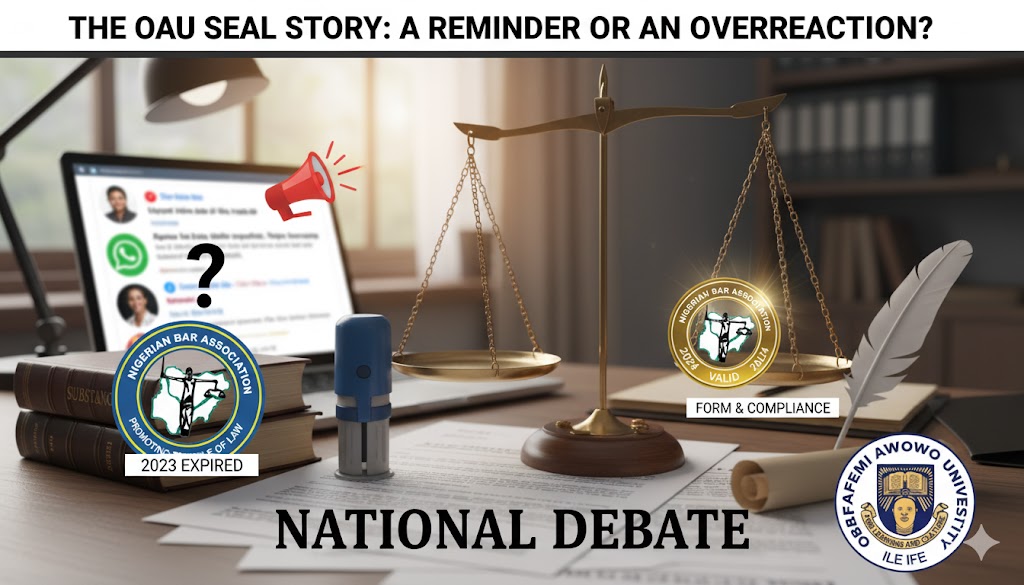
The recent controversy surrounding the proposed Central Gaming Bill has once again reignited conversations about constitutional limits, federal overreach, and the delicate balance of legislative power between the Federal Government and the states. The Bill, officially known as House Bill 2062, seeks to repeal the National Lottery Act of 2005 and its 2017 amendment and replace them with a comprehensive law to regulate lotteries, betting, gaming, and other games of chance across Nigeria. On the surface, the initiative appears to be a well-intentioned attempt to streamline an increasingly complex industry shaped by technology, digital payments, and cross-border platforms. However, beneath that administrative logic lies a constitutional fault line that the Lagos State Government, supported by many legal analysts, insists cannot be ignored.
The Lagos State Attorney-General and Commissioner for Justice, Lawal Pedro SAN, has been unequivocal in his opposition. In a recent statement, he described the Central Gaming Bill as unconstitutional and in direct violation of a Supreme Court judgment delivered on 13 October 2024 in Attorney-General of Lagos State and 22 Others v Attorney-General of the Federation. That case, which many have described as one of the most significant federalism decisions in recent times, settled a long-standing dispute between the Federal Government and the states over who has the authority to legislate on lotteries and gaming activities. The Supreme Court held that lotteries, betting, and gaming are residual matters, and as such, they fall within the legislative competence of the states and not the National Assembly, except as they relate to the Federal Capital Territory.
This judgment effectively stripped the Federal Government of the power to regulate gaming operations within the states, affirming the right of each state to create its own framework for licensing, regulation, and taxation. The Court further declared that the National Lottery Act, which purported to impose federal control over such matters, was ultra vires to the extent that it sought to apply beyond the Federal Capital Territory. That decision was widely celebrated as a victory for constitutionalism and the principle of federal autonomy.
In this context, the renewed legislative attempt to establish a “Central Gaming Commission” is being viewed by many as an attempt to re-legislate what the Supreme Court has already invalidated. The Lagos State Government’s position is that such a move undermines the authority of the judiciary and amounts to a subtle form of constitutional defiance. According to the Attorney-General, the decision of the Supreme Court remains binding on all authorities and persons in Nigeria, including the National Assembly. Any effort to enact a new law on the same subject without first amending the Constitution would therefore amount to legislative contempt.
Supporters of the Central Gaming Bill, however, argue that the digital transformation of the gaming industry demands a centralized approach. They maintain that online and remote betting platforms now operate across multiple states, sometimes even internationally, and that a fragmented system of state laws creates inconsistencies that hinder regulation and revenue collection. In their view, only a federal body can adequately monitor cross-border operations, protect consumers, and ensure uniform compliance. The counter-argument, however, is that the technological medium through which gaming occurs does not automatically change its constitutional character. A bet placed through a mobile app is still a transaction that occurs within a state’s territory, and therefore subject to that state’s regulatory control.
This tension between federal ambition and constitutional restraint is not new. Nigeria’s constitutional structure is built on the idea that legislative competence is divided among three lists: the exclusive, the concurrent, and the residual. Matters not expressly mentioned in either the exclusive or concurrent lists belong to the states. Since gaming, betting, and lotteries are absent from both lists, they are residual subjects. Unless the Constitution is amended, any attempt by the National Assembly to legislate on them risks being struck down again for want of competence.
Beyond constitutional theory, there are also economic and governance implications. Many states, including Lagos, Enugu, and Oyo, have established their own gaming commissions which generate significant internal revenue through licensing and taxation. A central law that overrides these systems could strip states of that income and disrupt established regulatory structures. It would also create uncertainty for operators who would be unsure which authority to obey or which licence remains valid. The result could be legal chaos, multiple taxation, and loss of investor confidence in the gaming sector.
There is also the question of precedent. If the National Assembly proceeds with a bill that directly contradicts a Supreme Court ruling, it risks eroding public confidence in constitutional supremacy and the finality of judicial decisions. It would send a troubling message that the legislature can simply ignore judicial authority whenever it is inconvenient. That is a slippery slope that Nigeria’s fragile democracy can ill afford.
Still, there is an important policy discussion to be had about how to modernize regulation in an age where digital platforms have blurred territorial lines. States will eventually have to collaborate to ensure that online gaming is effectively supervised and that taxation is coordinated. However, that cooperation must happen through inter-state frameworks and harmonization agreements, not through federal encroachment masquerading as reform. If the federal government wishes to play a more active role, the proper route is a constitutional amendment, not a legislative shortcut.
In truth, the Central Gaming Bill represents more than a dispute about betting; it is a constitutional test about whether Nigeria’s lawmakers respect the boundaries of their own authority. The National Assembly may have genuine policy motivations, but good intentions do not cure constitutional defects. The rule of law demands restraint, and respect for judicial pronouncements is the cornerstone of that principle. The Supreme Court has spoken clearly, and until that decision is reversed through due process, any attempt to legislate otherwise is, in effect, an attempt to gamble with the Constitution itself.


